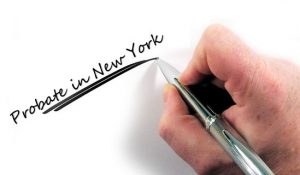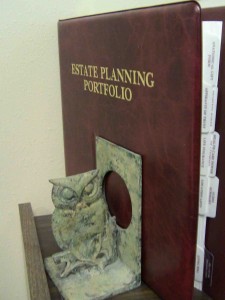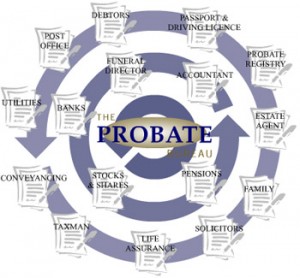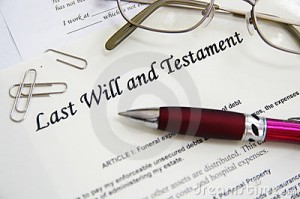How to Keep Property Out of Probate in New York
It should be noted that there are numerous assets that can be deemed testamentary substitutes, meaning that due to the nature of ownership or the beneficiary scheme, these items may not be covered under the terms of the will. For the most part, if an asset is owned exclusively by the testator-decedent (the person who Read on…
What is a waiver of process and consent to probate?
When a will is offered for probate in the Surrogate’s Court of any county in New York State, interested parties (i.e. heirs-at-law, beneficiaries named in the will) must sign the waiver of process and consent to probate form in order for the Will to be presented to the surrogate without the need for formal process. Read on…
Advantages of creating a revocable living trust with my Long Island estate planning attorney
Attention Long Island, NY: As you think about estate planning, have you ever considered some of the benefits of creating a revocable living trust? While revocable living trusts are by no means a substitute for a will and there are set up expenses, they do carry several advantages as an estate planning tool. First, a Read on…
What Type Of Assets Do Not Go Through Probate In New York?
Probate in New York is the process wherein the court will determine how your assets will be distributed after you die. Most of the time, people are confused during the probate court process. When preparing your estate plan, it is important that you first understand the difference between probate and non-probate assets. Probate assets are Read on…
What Is The Difference Between Probate And Administration Proceedings?
The process of admitting a valid Will is referred to as probate, while a similar process known as administration, occurs when a decedent dies without a will (“intestate”). The individual named in the decedent’s Will (and who is often the petitioner in a probate proceeding) is the proposed executor, who after the will is admitted Read on…




